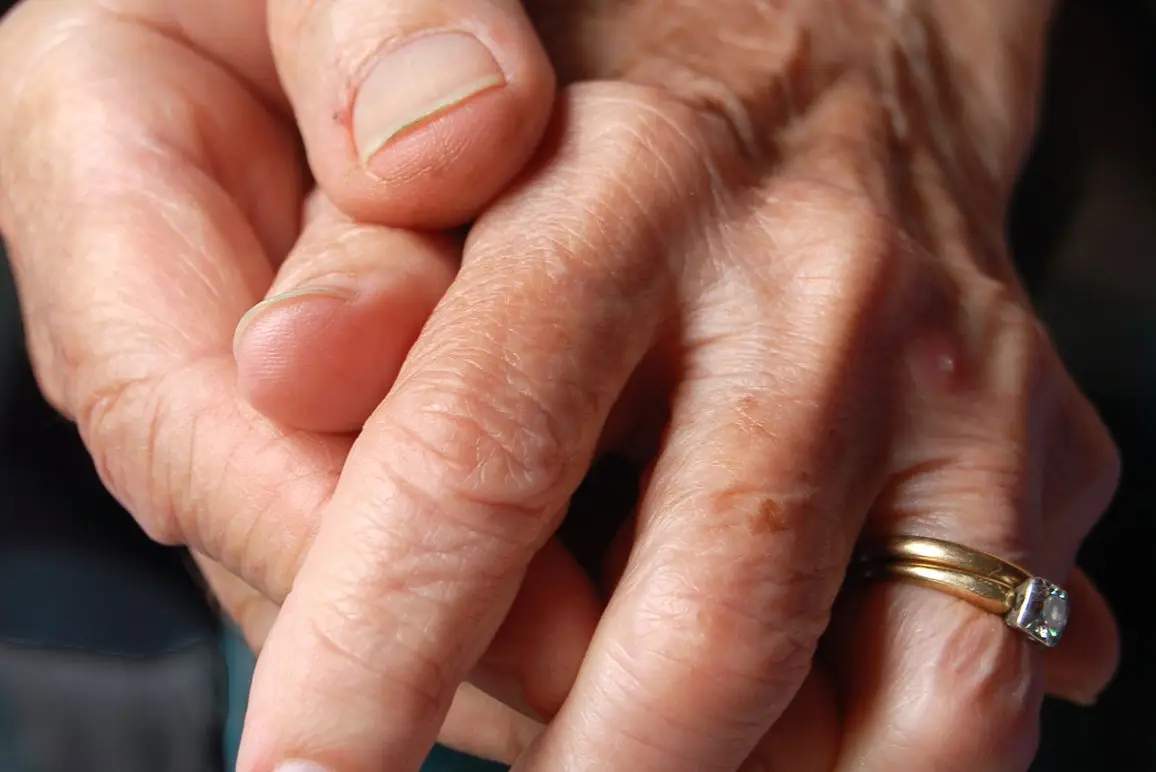Strong bones begin early in life as most people will gain more bone density than they lose each year. It is not until around the age of 30 that most adults reach their “peak” bone density and begin losing more bone density than they gain each year. That’s why, especially for seniors, bone health is so important to maintain throughout life. With some good habits, strong and healthy bones are possible.
Bone Health and Osteoporosis in seniors
Osteoporosis—and fractures—are a common problem among seniors as their bones weaken through the years. Osteoporosis is a bone disease that occurs when the bone density becomes severely low and the bones weaken. One in two women and up to one and four men over 50 years of age will break a bone due to osteoporosis. Those with osteoporosis are more likely to suffer a serious break of the hip or spine.
At Senior LIFE, we closely work with our members and their families to develop a care plan that meets the specific needs of the member. Staff are trained to notice any changes in medical conditions, like weakening bone strength and changes in stability. As a members needs change, so does their care plan. All medical and supportive services are coordinated by the LIFE Program and are provided at no cost to eligible members.
The statistics of mortality and complications from serious bone breaks in seniors are frightening – twenty percent will pass away within one year of a hip fracture. Over thirty percent will remain in a nursing home for at least a year after their injury. Those who suffer from osteoporosis are also more likely to experience isolation and severe depression.
4 Steps for Bone Health
Approximately 54 million Americans have osteoporosis. Here are 4 simple steps you can take to help create healthy bones and maintain the bone strength you already have:
1. Get plenty of calcium
Calcium is an important part of bone health at any age. The best way to get your calcium is through calcium rich foods in your diet such as milk, cheese, almonds and even beans. When diets fall short, calcium supplements are a good alternative.
It’s important to know that calcium requirements change by age and gender. According to the Mayo Clinic , men 19 – 70 years of age and women 19 – 50 years of age should get 1,000 mg of calcium per day. Men over 70 and women over 50 should receive 1,200 mg of calcium a day.
If you’re not sure that you are getting enough calcium, be sure to discuss it with your doctor. Your doctor can then recommend appropriate dietary changes or calcium supplements.
2. Take Vitamin D
Your body needs vitamin D to absorb the calcium that is essential to your bone health. The recommended daily dosage of vitamin D is 600 IUs per day for adults 19 to 70. After 70, the amount of necessary vitamin D increases to 800 IUs per day.
Good sources of vitamin D are diet, sunshine, and supplements. Dietary sources include oily fish, egg yolks, and fortified milk. Again, if you believe you are not getting enough vitamin D, discuss it with your doctor to develop an appropriate plan.
3. Get Physical!
One of the best ways to grow and protect your bone density is through weight bearing exercises. Weight bearing exercises include walking, jogging, lifting weights, or even climbing stairs.
4. Limit your alcohol and tobacco use.
It’s important to limit your alcohol and tobacco use for many reasons including your bone health. Alcohol abuse, more than two drinks per day, and tobacco use great affects your body’s ability to absorb calcium. Alcohol use can also affect your balance and perception leading to an increased risk of falls and broken bones.
With a few lifestyle changes, it is possible to keep your bones healthy and strong at every stage in life. If you suspect that you are not meeting your bone health needs, talk with your doctor. Senior LIFE specializes in senior care and offers an array of services including primary care, specialty care, rehab, activities and more at the LIFE Health and Wellness center.
If you are over the age of 55, contact the Senior LIFE center nearest you to see if you qualify for the program at no cost for services or fill out our online Contact Us form to learn more.

